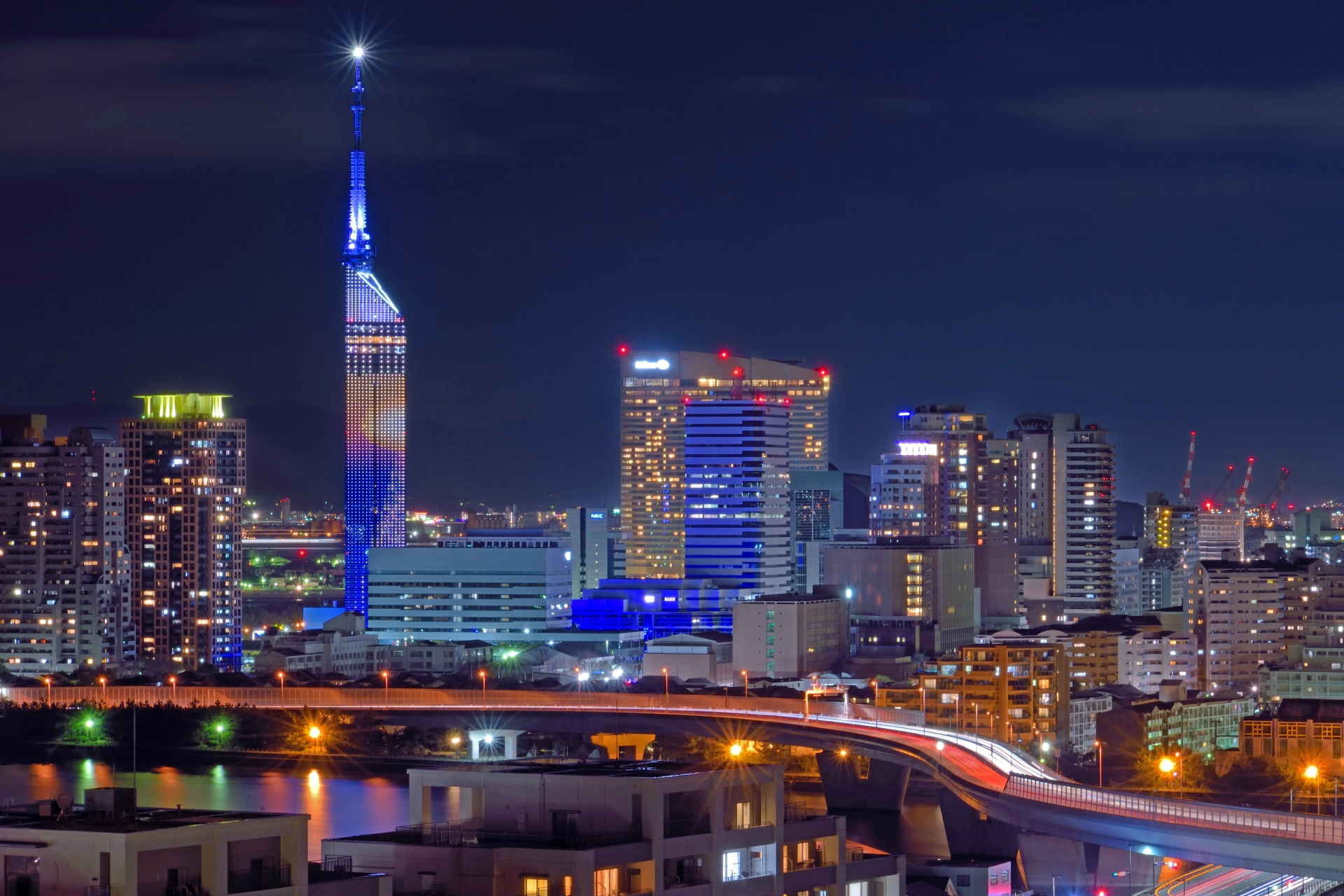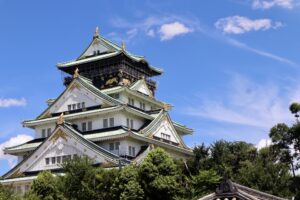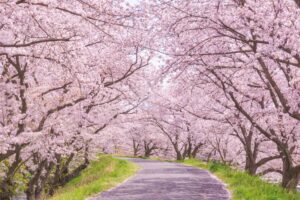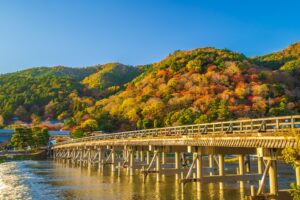Fukuoka, a city that beautifully marries tradition with modernity, stands as the gateway to Kyushu, Japan’s third-largest island. Known for its warm climate, vibrant food scene, and rich history, Fukuoka has become an increasingly popular destination for both local and international tourists. As a significant economic hub in Japan, the city offers a blend of cultural experiences, from ancient temples to cutting-edge architecture, making it a must-visit destination. This guide aims to provide a thorough exploration of Fukuoka, highlighting its top attractions, culinary delights, and practical travel tips.
Exploring Fukuoka: The Heart of Kyushu
Fukuoka is the largest city on Kyushu Island and serves as a major cultural and economic center in Japan. Historically, Fukuoka was a strategic location for trade with China and Korea, which has shaped its unique cultural heritage. Today, it is known for its lively festivals, such as the Hakata Gion Yamakasa, and its modern urban landscape that harmonizes with traditional elements. Whether you’re interested in exploring ancient shrines or enjoying the bustling nightlife, Fukuoka has something to offer every traveler.
Top Attractions in Fukuoka
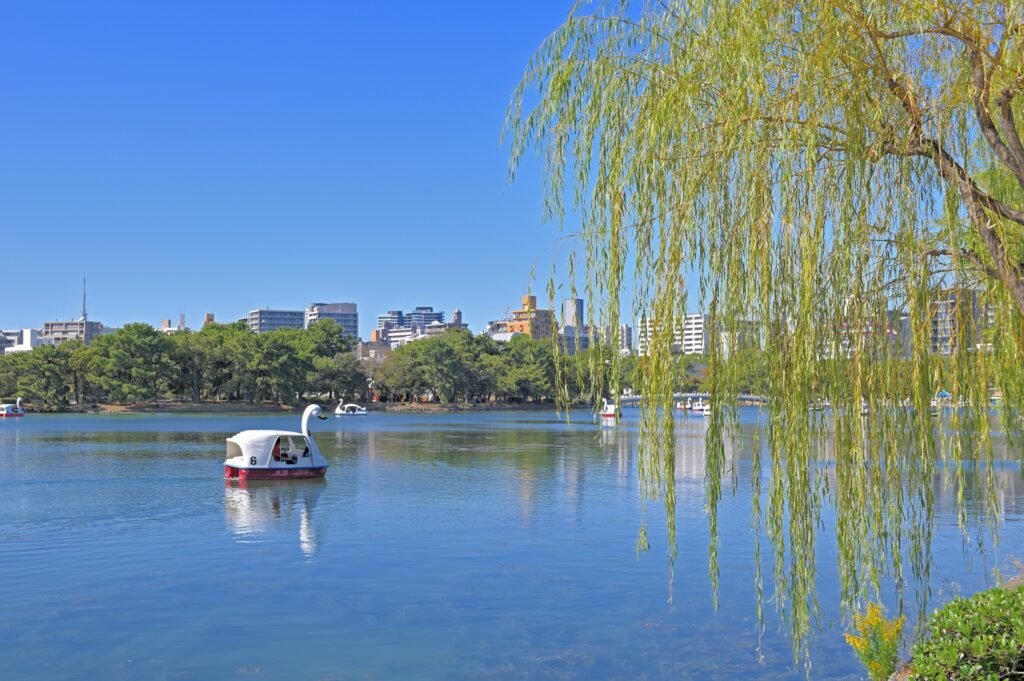
Fukuoka is home to numerous attractions that cater to all types of visitors. Some of the must-see spots include:
- Ohori Park: A serene urban oasis, perfect for leisurely strolls and boating.
- Fukuoka Castle Ruins: Offering a glimpse into the city’s feudal past with panoramic views of the city.
- Hakata District: The heart of Fukuoka’s shopping and dining scene, where modernity meets tradition.
These sites not only offer insight into Fukuoka’s history but also provide a space for relaxation and enjoyment amidst the city’s bustling environment.
Cultural and Historical Sites
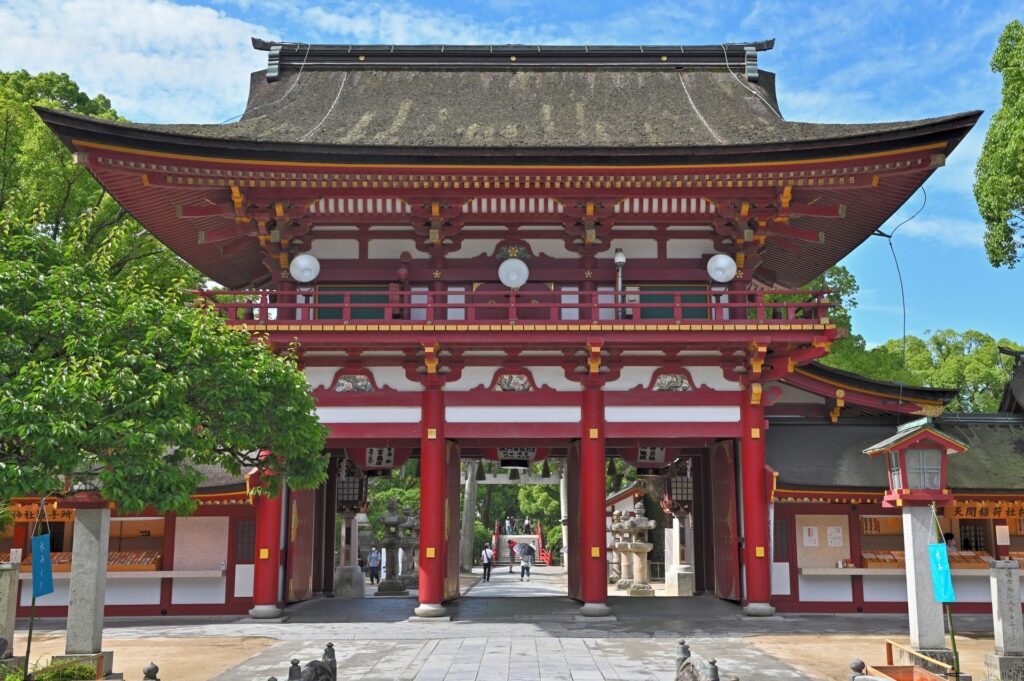
Fukuoka’s cultural and historical landmarks are a testament to its rich past. Dazaifu Tenmangu Shrine, dedicated to the god of learning, attracts students and scholars from across Japan. Shofukuji Temple, the oldest Zen temple in Japan, offers a peaceful retreat with its beautiful gardens. The ruins of Fukuoka Castle stand as a reminder of the city’s feudal era, providing both a historical context and a scenic spot for visitors.
Modern Attractions and Entertainment
For those looking to experience the modern side of Fukuoka, Canal City Hakata is a must-visit. This large shopping and entertainment complex is famous for its unique architecture and dynamic water displays. Tenjin, another popular area, is the city’s downtown core, filled with department stores, boutiques, and trendy cafes. Whether you’re shopping for local crafts or enjoying a night out, these areas showcase the vibrant urban life of Fukuoka.
The Foodie’s Guide to Fukuoka
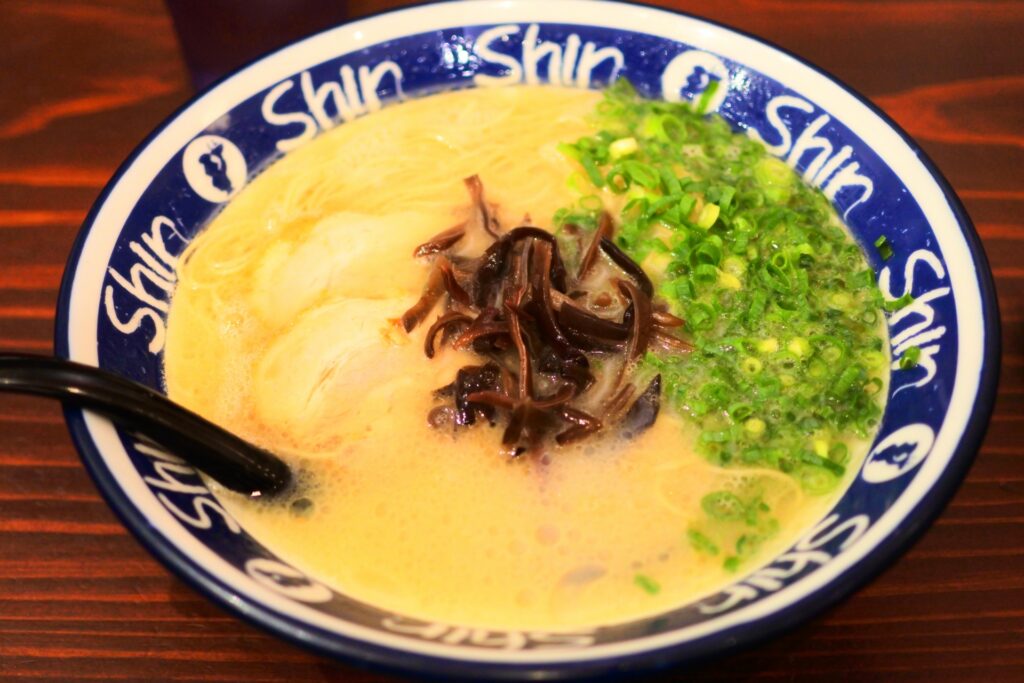
Fukuoka is renowned for its culinary scene, which is often considered one of the best in Japan. The city is the birthplace of Hakata ramen, a rich pork-bone broth-based noodle dish that has gained international fame. Other local specialties include mentaiko (spicy cod roe) and yakitori (grilled chicken skewers), which are best enjoyed at one of the many yatai (food stalls) that line the streets at night.
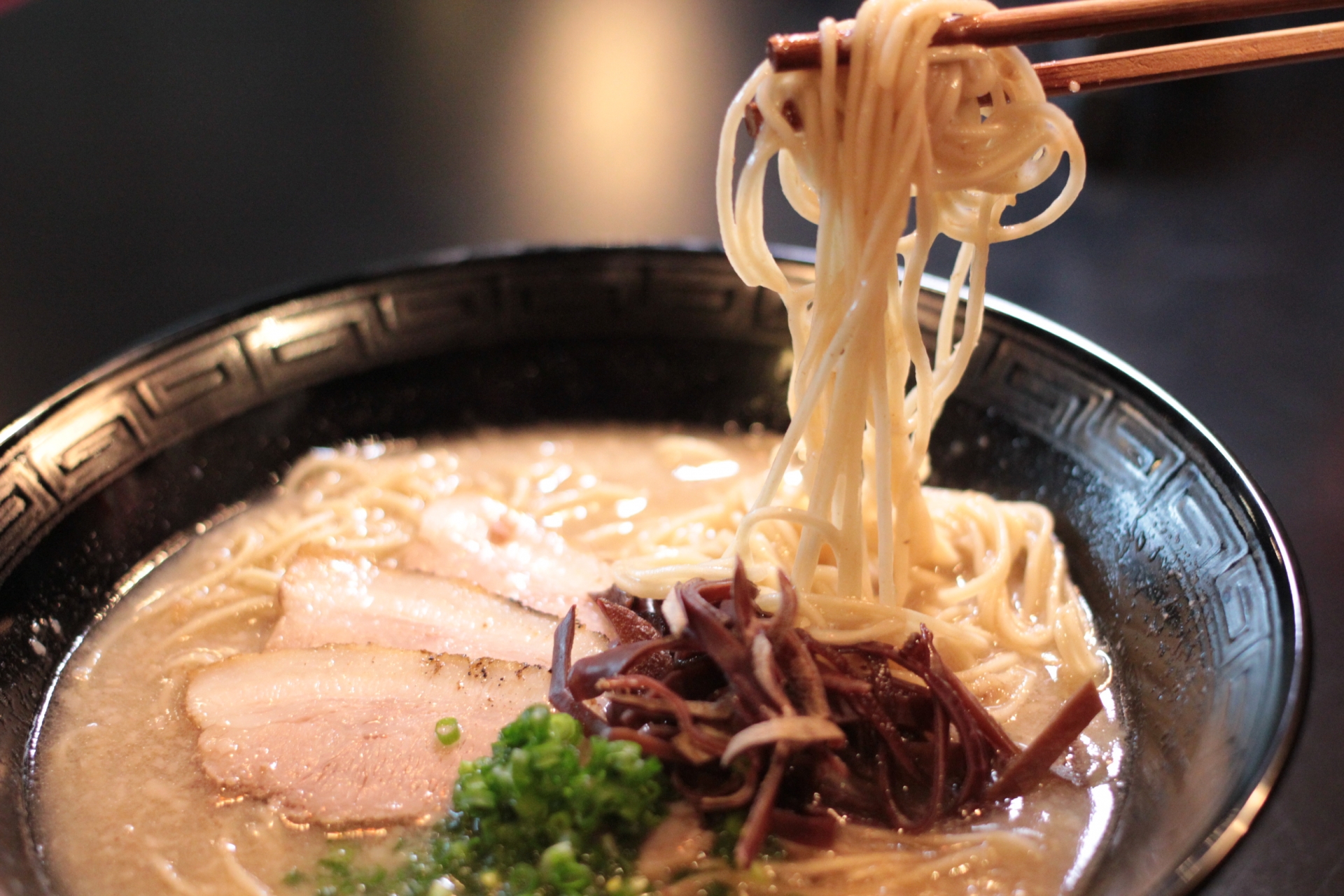
Local Specialties
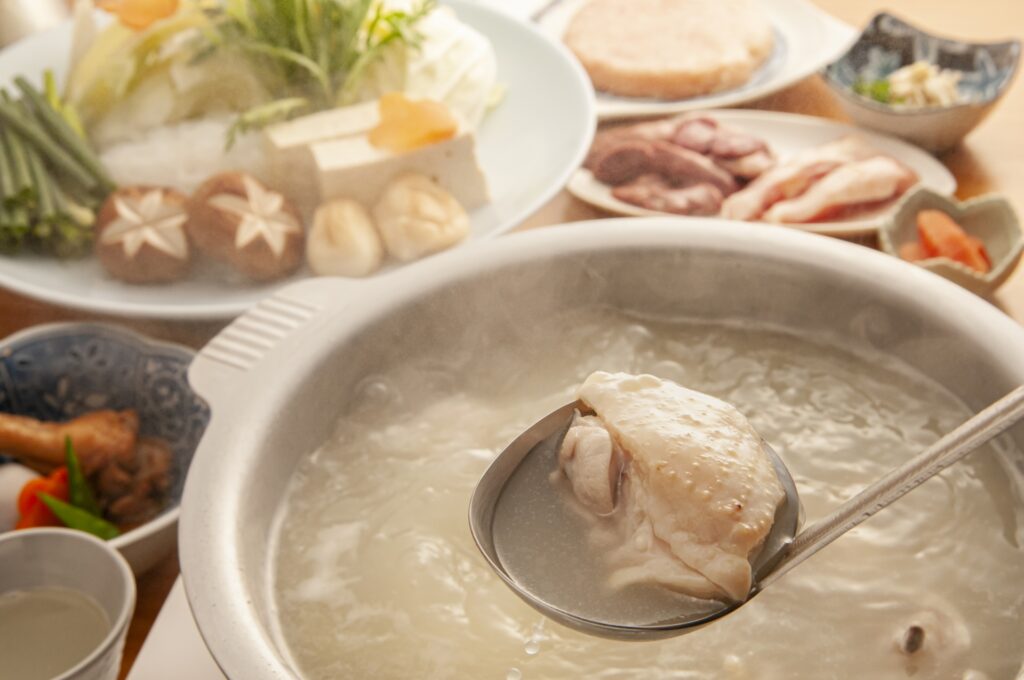
Hakata ramen is perhaps the most famous dish associated with Fukuoka. Its creamy broth and thin noodles have made it a favorite not just in Japan, but worldwide. Mentaiko, a delicacy introduced from Korea, has been adapted into a staple of Fukuoka’s cuisine. Another must-try is mizutaki, a chicken hot pot dish that is especially popular during the colder months.
Best Restaurants and Street Food Spots
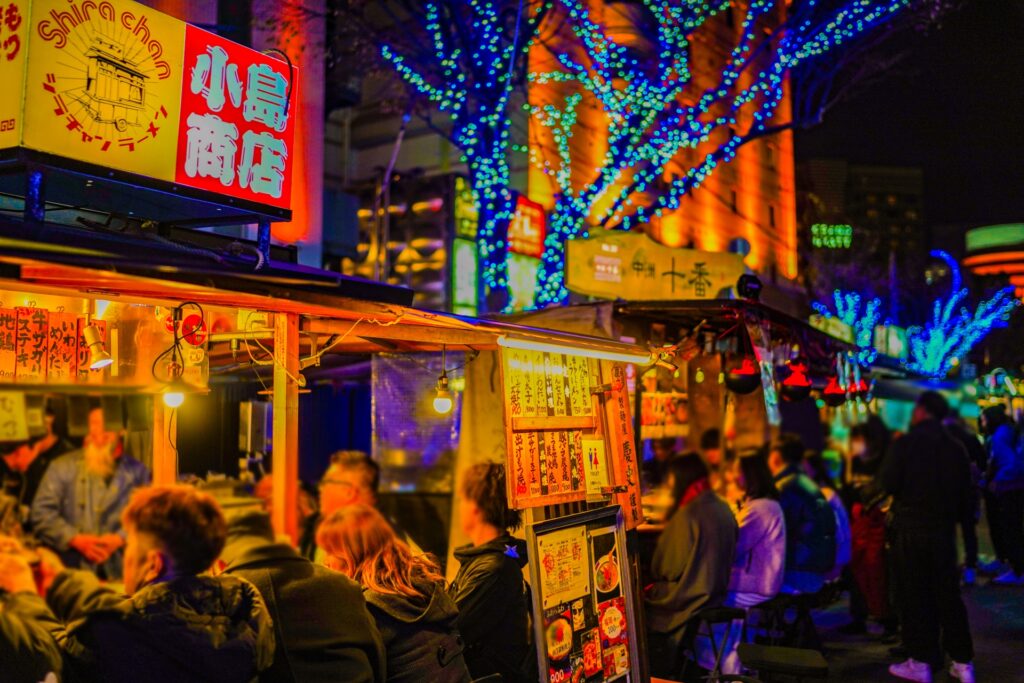
Fukuoka’s Nakasu district is the place to be for street food. The yatai here offer a variety of dishes, from ramen to tempura, in a lively, open-air setting. For a more upscale experience, Ippudo and Ichiran are two famous ramen chains that originated in Fukuoka and have become beloved worldwide. Whether you’re dining at a high-end restaurant or sampling street food, Fukuoka’s culinary offerings are sure to delight.
Hidden Gems: Unexplored Fukuoka
Beyond the well-known attractions, Fukuoka offers a variety of hidden gems waiting to be discovered. From secluded temples to local markets, these spots provide a deeper insight into the city’s culture and lifestyle.
Secluded Temples and Shrines
While Dazaifu Tenmangu is well-known, lesser-visited sites like Nanzoin Temple offer a quieter experience. Home to one of the world’s largest reclining Buddha statues, Nanzoin provides a peaceful retreat away from the city’s hustle and bustle.
Local Markets and Unique Neighborhoods

For those interested in local life, Yanagibashi Rengo Market is a must-visit. Often referred to as “Fukuoka’s kitchen,” this market is where locals shop for fresh produce and seafood. Exploring the smaller neighborhoods like Yakuin and Hirao reveals a side of Fukuoka that is rich in local charm and cultural authenticity.
Day Trips from Fukuoka
Fukuoka’s location makes it an ideal base for exploring other parts of Kyushu. Several fascinating destinations are just a short trip away.
Dazaifu
Just a 30-minute train ride from Fukuoka, Dazaifu is famous for the Tenmangu Shrine and the Kyushu National Museum. This town offers a mix of historical significance and modern attractions, making it a perfect day trip.
Itoshima
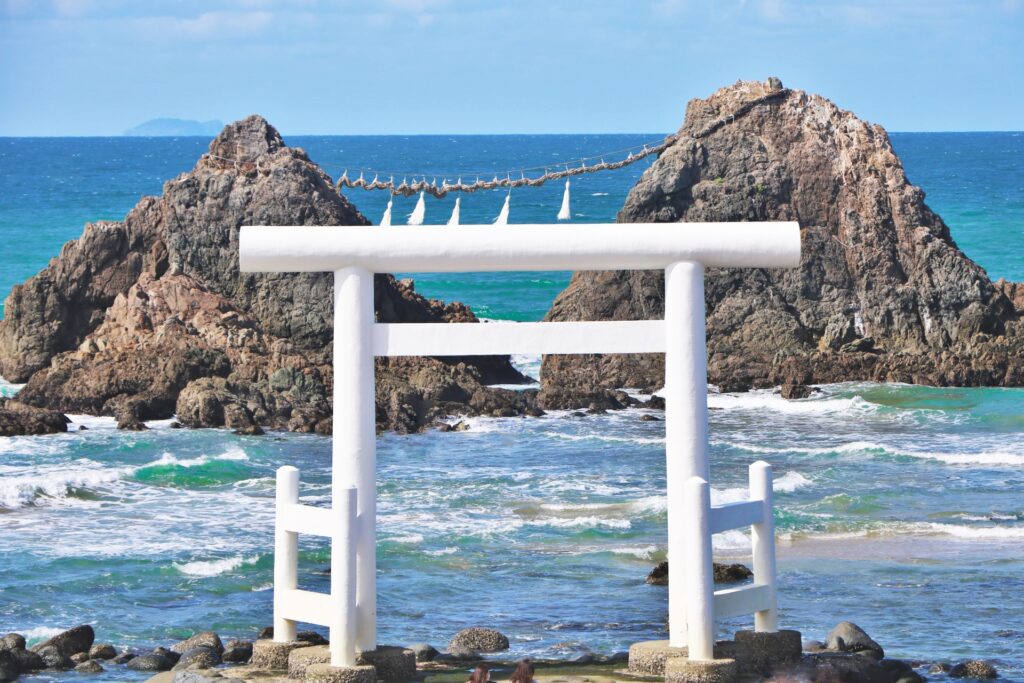
For nature lovers, Itoshima, with its beautiful beaches and scenic drives, is a paradise. The area is also known for its organic farms and artisan shops, offering a perfect blend of nature and local culture.
Yanagawa
Yanagawa, known as the “Venice of Japan,” offers relaxing boat tours through its canals. This town is also famous for its historic Ohana Villa and delicious unagi (eel) dishes.
Practical Information for Fukuoka Visitors
When planning a visit to Fukuoka, it’s important to consider practical aspects such as transportation, accommodation, and the best times to visit.
Transportation in Fukuoka
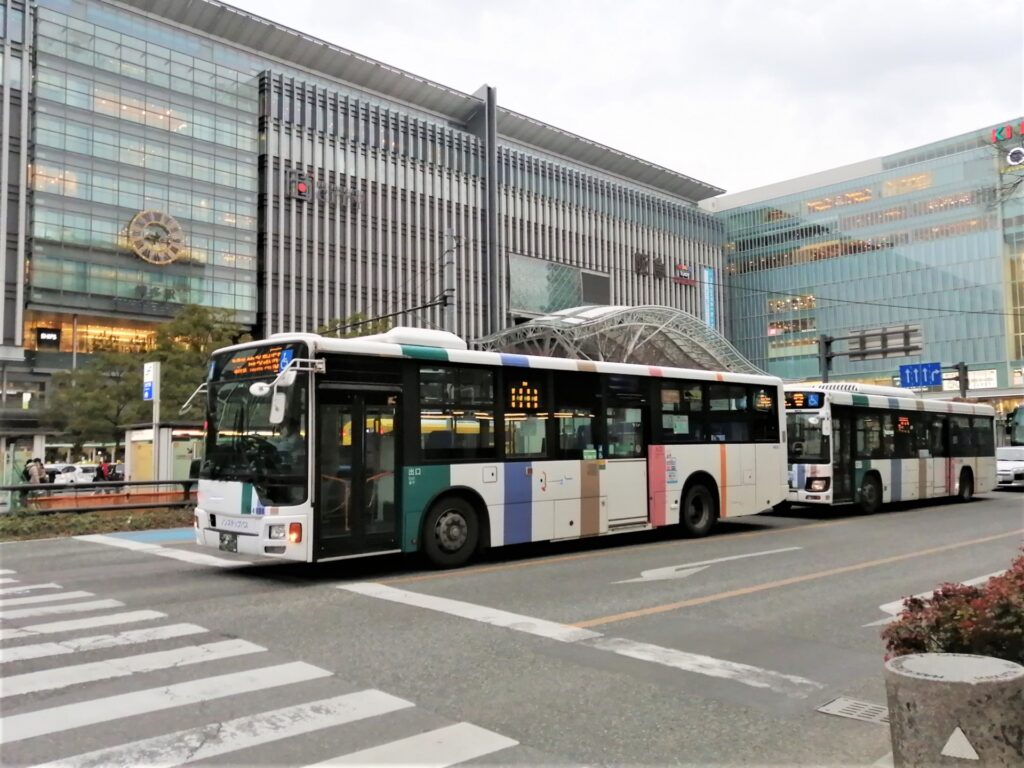
Fukuoka’s public transportation system is efficient and easy to navigate. The Fukuoka City Subway connects key areas, including Hakata, Tenjin, and the airport. Bus services are also extensive, providing access to attractions beyond the city center. For those who prefer cycling, bike rentals are widely available and offer a flexible way to explore.
Accommodation Options
From luxury hotels to budget-friendly hostels, Fukuoka offers a wide range of accommodations. Popular areas to stay include Hakata, for its convenience and accessibility, and Tenjin, for its shopping and dining options. Ryokans (traditional Japanese inns) in the outskirts provide a more authentic experience for those interested in Japanese culture.
Living in Fukuoka: A Guide for Expats
Fukuoka is not just a great destination for tourists; it’s also a popular choice for expatriates due to its quality of life and welcoming community.
Housing and Cost of Living
The cost of living in Fukuoka is generally lower than in Tokyo or Osaka, making it an attractive option for those looking to live in Japan. Housing options range from modern apartments in the city center to more traditional homes in the suburbs. The city is also known for its high standard of living and excellent public services.
Integrating into Local Culture
Expats in Fukuoka will find a supportive community and plenty of opportunities to integrate into local culture. Joining local clubs, participating in festivals, and learning basic Japanese are great ways to start. The city also has a number of language schools and cultural centers that offer classes and workshops for foreigners.

